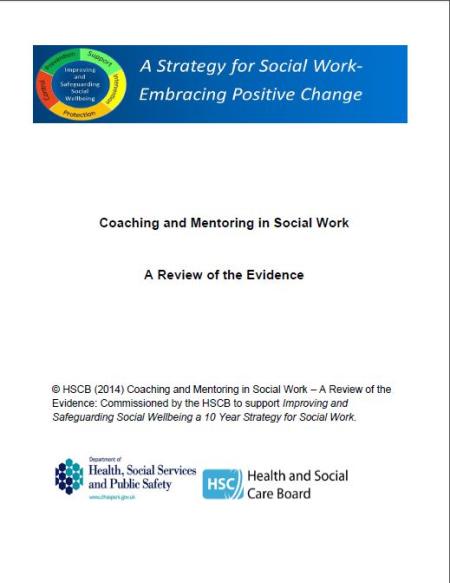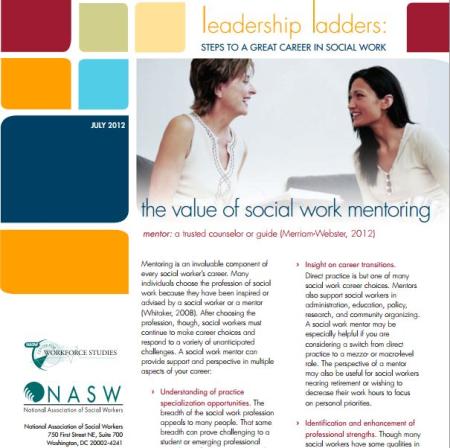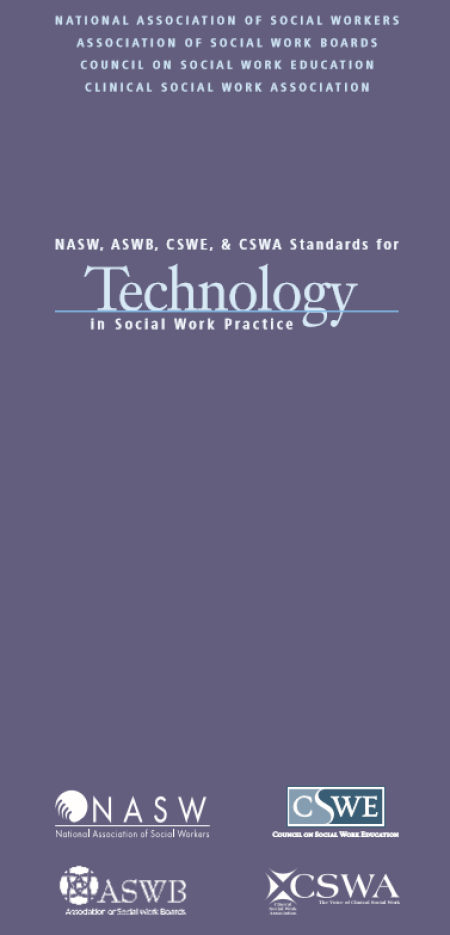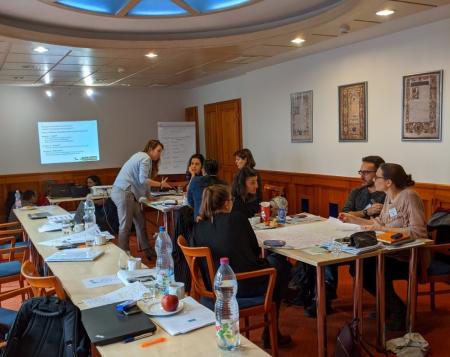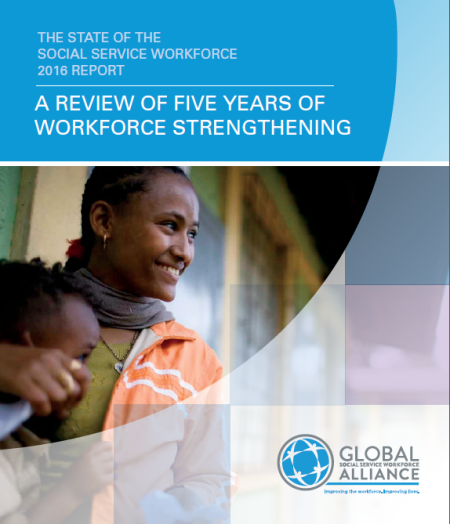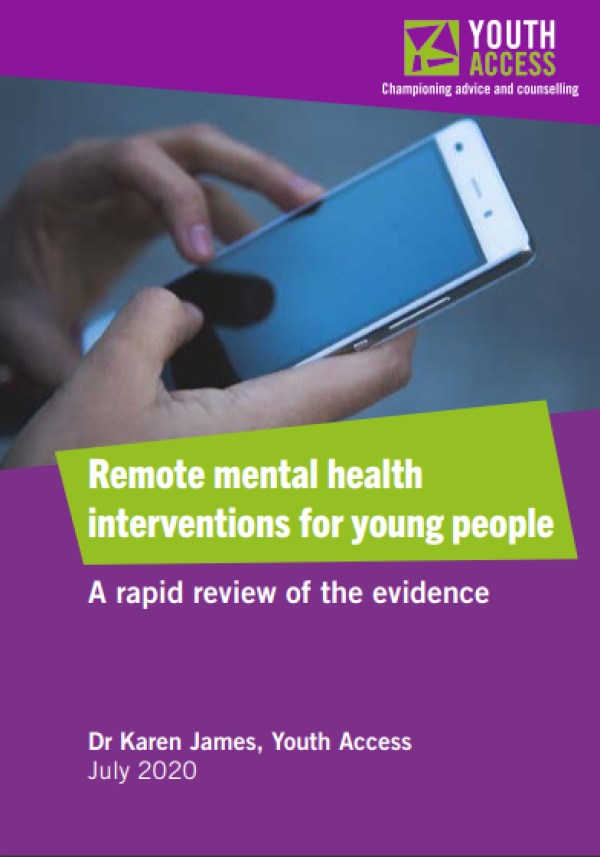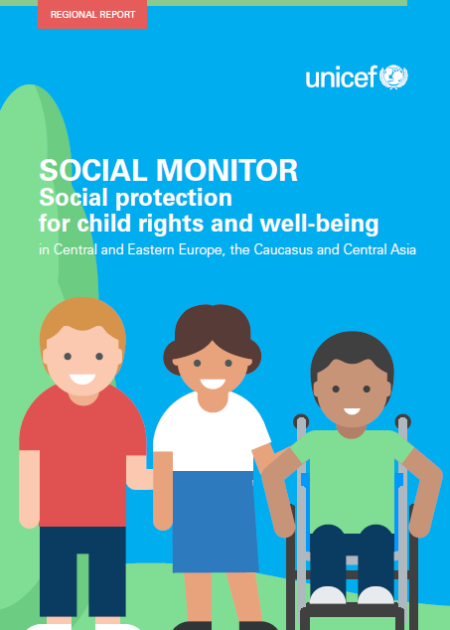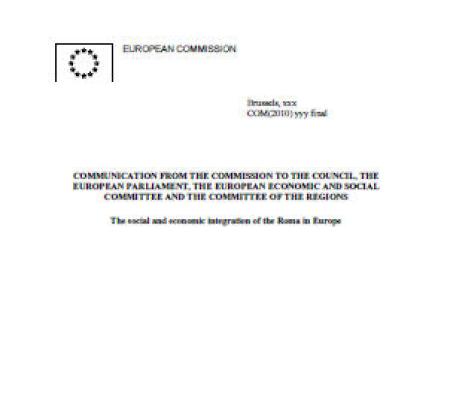
Objective: To review the evidence concerning the application of coaching and mentoring as separate and distinct interventions with social workers and social work organisations with a view to determining the approaches most suitable for use with social workers.
Methods: An initial scoping of the literature was conducted to aid in the clarification of the concepts of ‘coaching’ and mentoring’. Following this two separate systematic reviews were conducted to explore the use of coaching and mentoring respectively with social workers. Studies relevant to each concept were identified through a systematic search of several databases. Identified studies were included in the Review if they met particular inclusion criteria and were relevant to the research question. Studies were excluded if they did not meet the inclusion criteria or were not relevant to the research question.
Results: Twelve relevant studies were identified for the systematic review of the literature on the use of coaching in social work. Overall the findings suggested that coaching is associated with positive outcomes for social work organisations and practitioners, particularly in the transfer of knowledge to practice and implementation of new innovations. However, the identified research did not explore the impact of coaching social work staff directly on service user outcomes.
Thirty relevant studies were identified for the systematic review of the literature on the use of mentoring in social work. The findings suggested that social workers and those in related professions desire and value mentoring, and that mentoring can have beneficial effects for mentors and organisations. Caveats and facilitators and barriers of mentoring relationships were also described.
Conclusions: The findings suggest that both coaching and mentoring have positive implications for social workers and the organisations within which they work. More research is needed to identify which models of coaching and mentoring are associated with the best outcomes for social workers, social work organisations and service users. Future research should therefore seek to establish this through the use of rigorous study designs.


